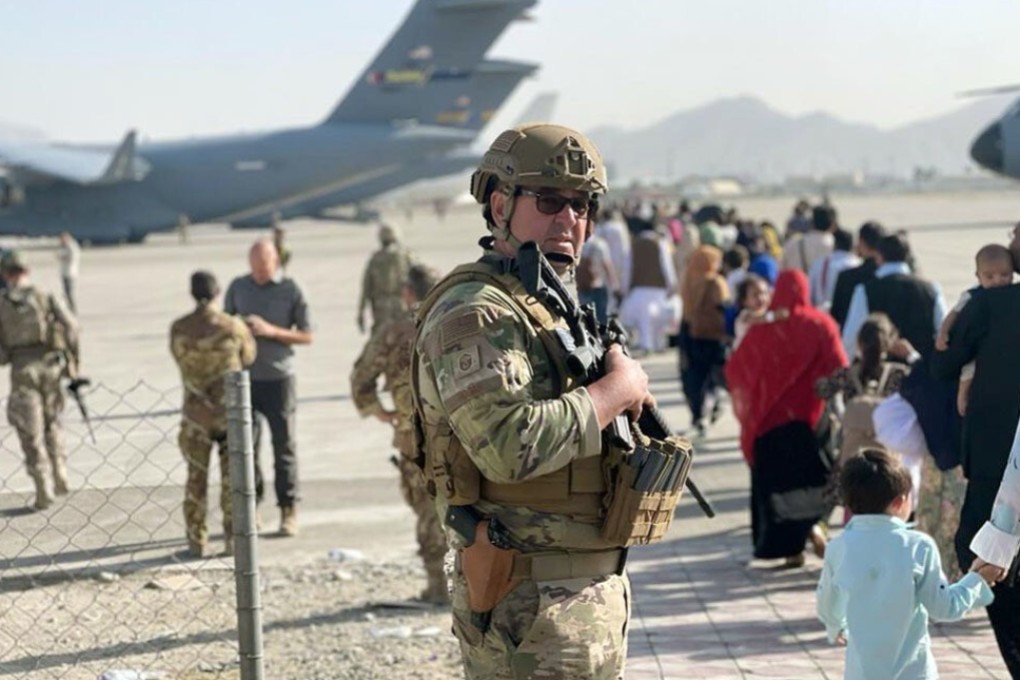Advertisement
Will China’s demands on US block cooperation on Afghanistan?
- Afghanistan and the Taliban were on the agenda of phone call between US Secretary of State Blinken and Chinese Foreign Minister Wang Yi on Sunday
- Wang insists demands be heard before China considers working with the US, even though both have an interest in countering extremism and aiding reconstruction
Reading Time:3 minutes
Why you can trust SCMP
35

Sarah Zhengin Beijing
Cooperation between China and the US on Afghanistan and moves to improve ties between Beijing and Washington may be complicated by Beijing’s list of demands on Washington, analysts say.
Advertisement
In a phone call with US Secretary of State Antony Blinken on Sunday, Chinese Foreign Minister Wang Yi called on the United States to “stop blindly smearing and attacking China” and to repair relations between the two countries, the Chinese foreign ministry said.
“The Chinese side will consider how to engage with the United States based on its attitude towards China,” Wang was quoted as saying. “The US side should take seriously the two lists China has put forward to the United States, as well as the three basic demands as bottom lines that China firmly upholds.”

The Chinese demands were issued during US deputy secretary of state Wendy Sherman’s trip to the coastal Chinese city of Tianjin in July. They included requests for the US to lift visa restrictions on Chinese Communist Party members, to end a requirement for Chinese media to register as foreign agents in the US and to drop the extradition request for Chinese tech executive Meng Wanzhou.
Advertisement
During Wang’s meeting with Sherman, he also presented three “bottom lines”: for the US not to subvert Chinese socialism, not to obstruct China’s modernisation and not to violate issues that Beijing considers related to its sovereignty, such as issues around Xinjiang, Hong Kong and Taiwan.

Advertisement